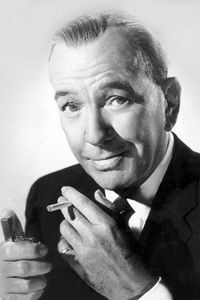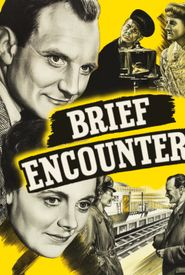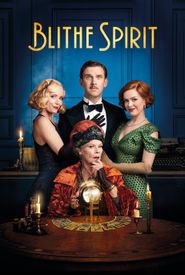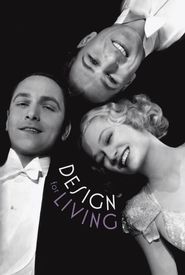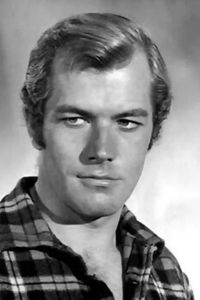Noel Coward, a quintessential embodiment of Englishness, revolutionized the concept of British identity in the 20th century. This multifaceted polymath, skilled in various arts, including drama, acting, writing, composing, lyricism, painting, and wit, defined Englishness as much as it was defined by him.
Born on December 16, 1899, in suburban Teddington, Coward took to the stage at the tender age of six and began writing his first drama ten years later. A visit to New York in 1921 exposed him to the fast-paced world of Broadway shows, which he incorporated into British drama and music, creating a high-energy rush for the jazz-obsessed and dance-crazy 1920s.
Coward's style was widely imitated, with ordinary Englishmen adopting his signature dressing gowns, cigarette holders, and affectionate terms like "dahling." His revues spread the message through sentimental songs like "A Room With A View" and "I'll See You Again," as well as satirical tunes like "Mad Dogs and Englishmen" and "Don't Put Your Daughter On the Stage, Mrs. Worthington."
By 1930, Coward had become the highest-earning author in the Western world, thanks to his hit play "Private Lives." During World War II, he redefined the nation's spirit through films like "This Happy Breed" (1944),"In Which We Serve" (1942),"Blithe Spirit" (1945),and "Brief Encounter" (1945).
In the post-war era, Coward, the aging Bright Young Thing, initially seemed out of touch with the times, but he reinvented himself as a hip cabaret singer, captivating audiences in the 1960s. His reputation continued to grow, and he was knighted in 1970, eventually passing away on March 26, 1973, in his beloved Jamaica.
Since his passing, Coward's works have remained timeless, with his plays and songs continuing to be performed and sung. This talented individual, who excelled as a playwright, director, actor, songwriter, filmmaker, novelist, and wit, left an indelible mark on the world of entertainment.
